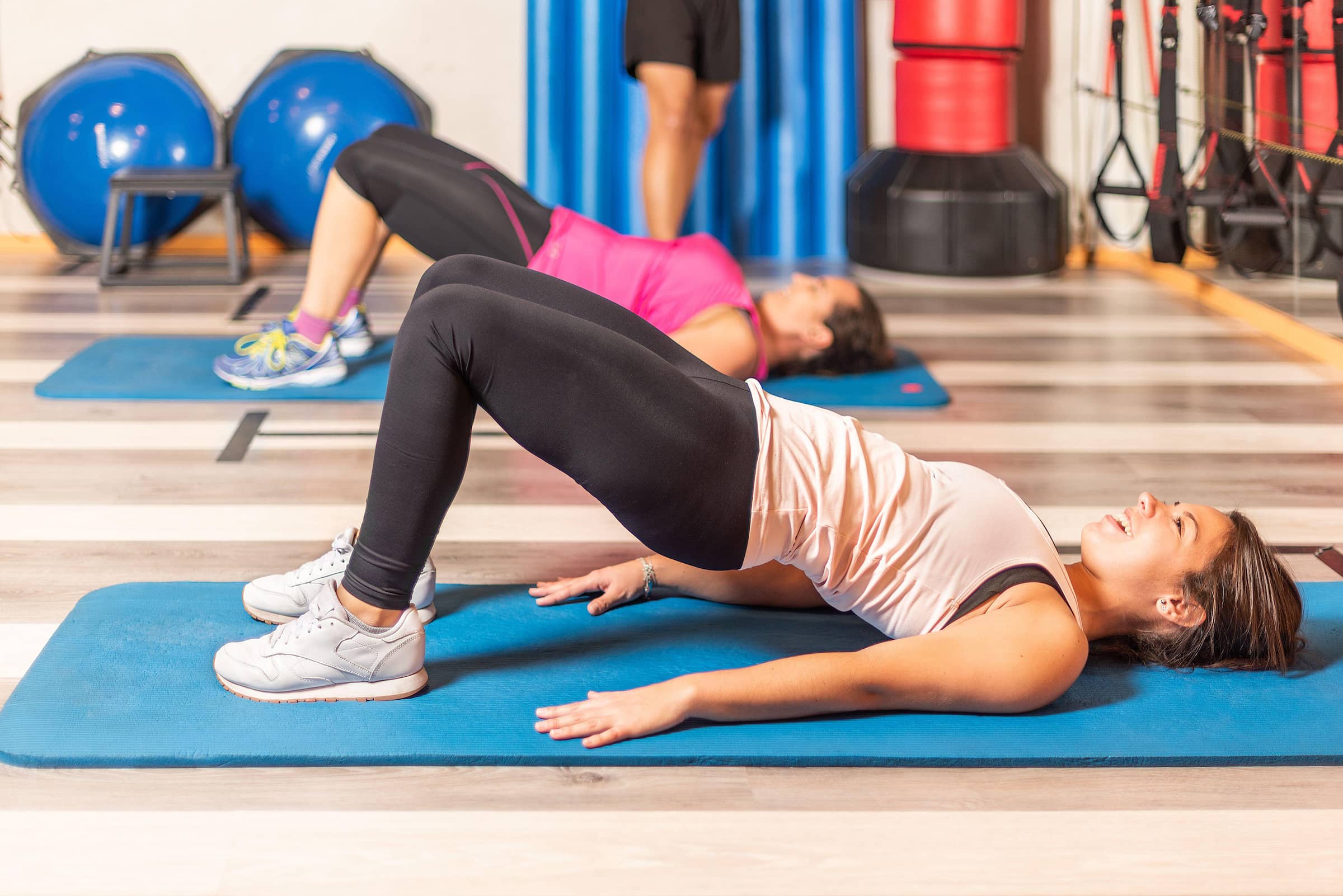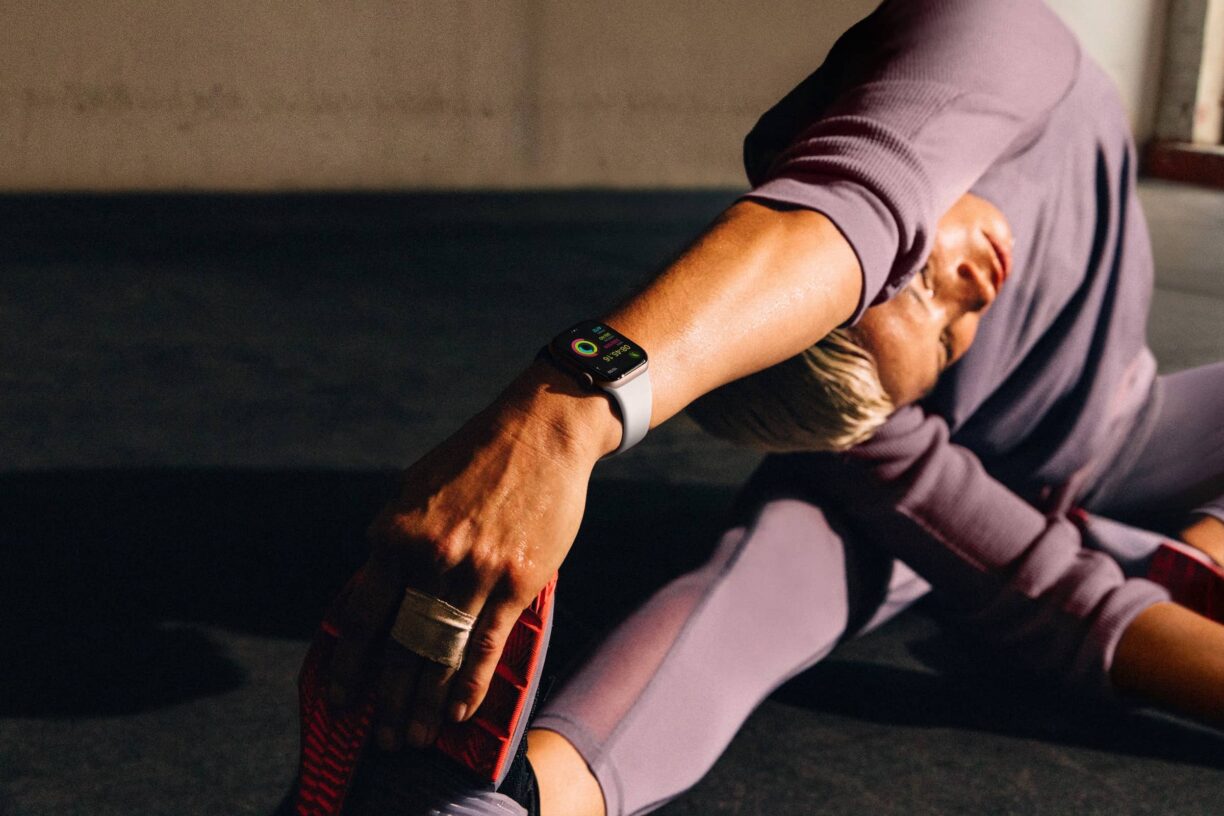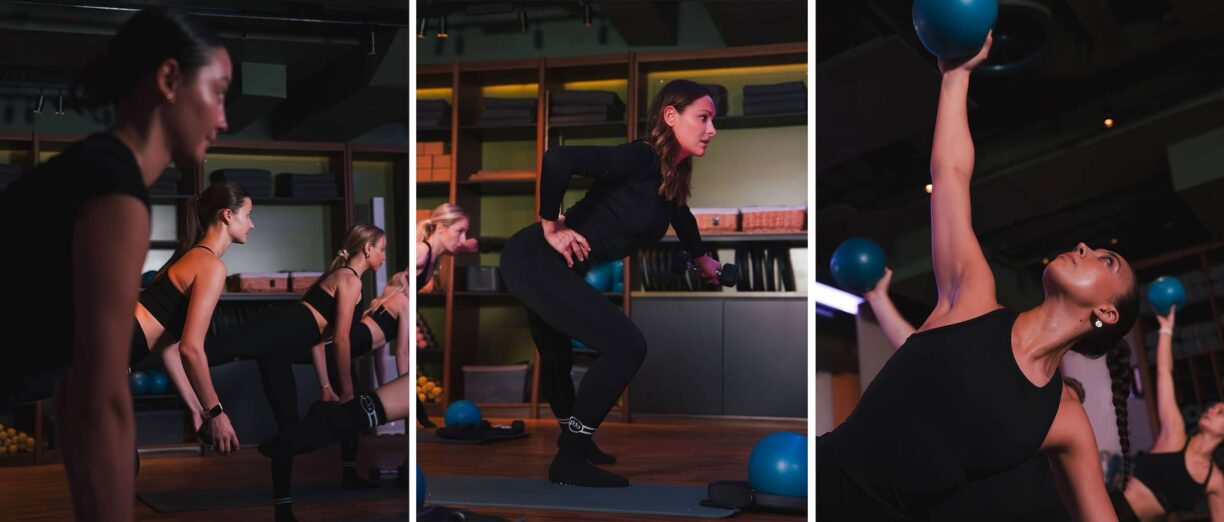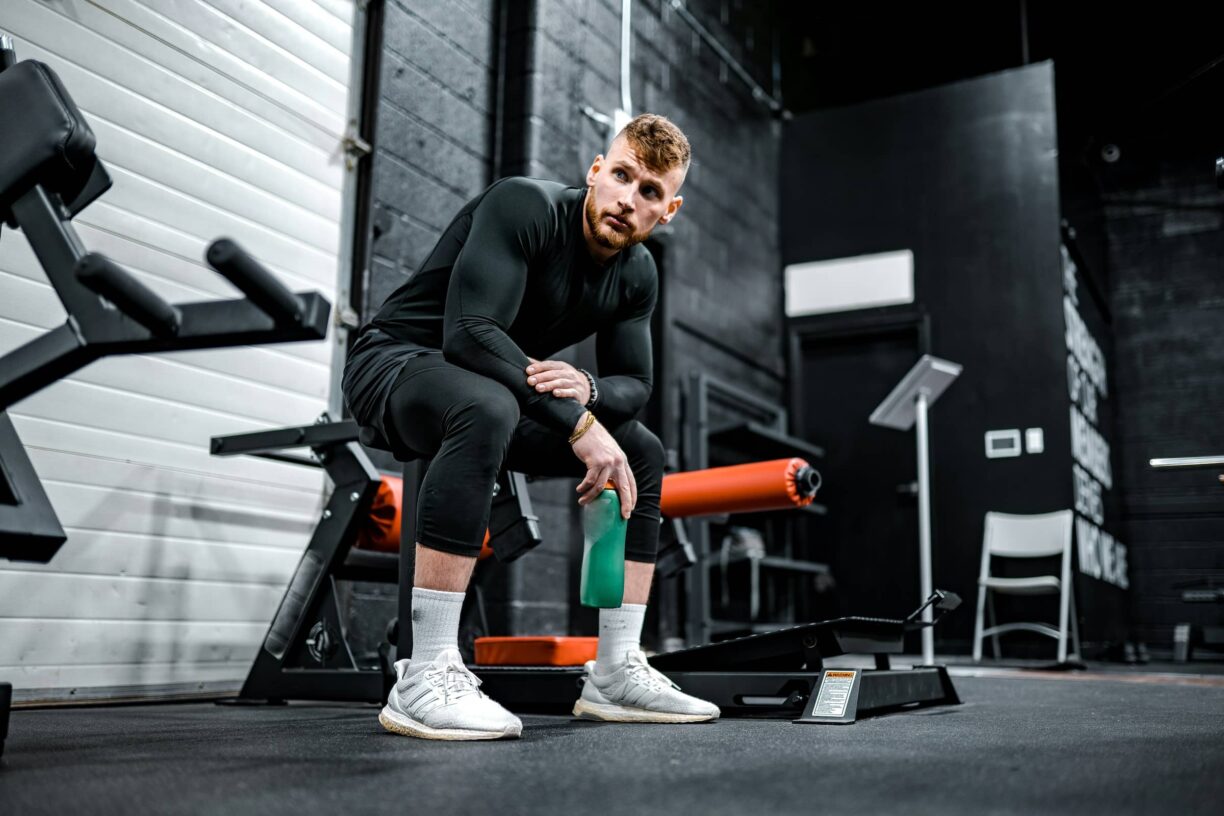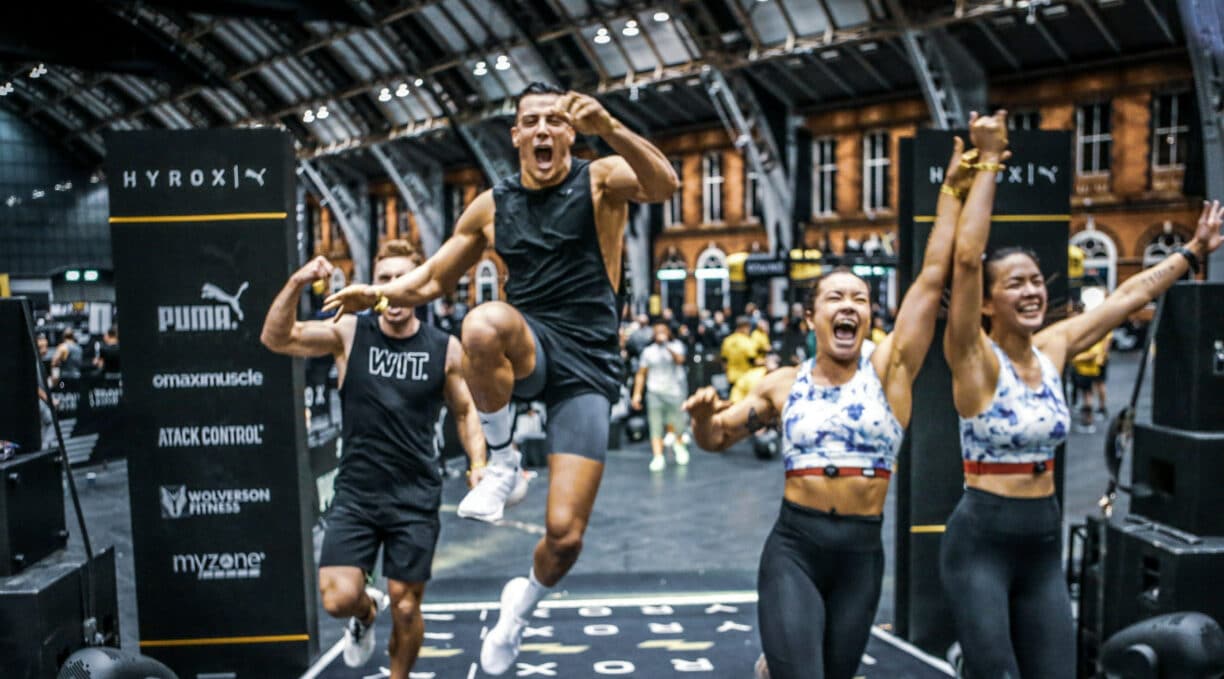Expert tips reveal the correct way to pull off workout moves, following new research that identifies the most common exercises we need to master.
The advice comes after an analysis of 100 of the most-watched workout videos that featured over 190 different moves, identifying the most common exercises that Brits are expected to master – with planks, squats and push-ups coming out on top.
Top 10 most common exercises in workout routines
- Basic planks
- Basic squats
- Push-ups
- Lunges
- Glute bridges
- Sumo squats
- Toe touches
- Bicep curls
- Bicycle crunches
- Basic crunches
Becoming consistent with working out can be a challenge, particularly if you’re not seeing clear results from your efforts – which could be due to Brits not following the correct form when executing workout routines.
Without proper motivation – a loss of which may be exacerbated further due to not seeing expected results fast enough – Brits are more likely to give up on keeping fit altogether.
I spoke to Abi Roberts, a bulk.com nutritionist who went on to tell me: “Learning how to do key exercise movements correctly is very important to both avoiding injury and staying motivated. Proper form reduces the risk of strain or injury to muscles, joints, and tendons.
“Additionally, when people perform exercises correctly, they are able to target the intended muscle groups more effectively, which leads to better results, a greater confidence, and an increased motivation to pursue their fitness journey.”
Thankfully, the research has identified which moves are the most important to perform properly and offers tips to make sure you’re following the correct form for each.
How to do a basic plank
A basic plank was the move that appeared the most across all the workout routines, which targets the glutes, obliques, arms and legs.
When doing a basic plank, it’s essential to make sure that your hands are directly aligned beneath your shoulders, that you’re holding your hips up to avoid sagging, and that you’re looking down at the floor rather than up.
Whilst seasoned exercisers will be able to hold a plank for a few minutes, beginners may want to hold it for smaller increments – like thirty seconds at a time – or shift to a side plank to take the pressure off the lower back.
If a workout routine calls for a more intensive variant – as the research showed plank jacks and plank lunges were popular – you may prefer to do a basic plank for ease or do fewer reps than the routine suggests.
How to do a basic squat
The move that appeared the most in each routine was a basic squat, which is designed to target the glutes and legs. Despite their popularity, many people struggle to follow the correct form as they’re not squatting low enough, or are bracing their knees incorrectly.
To execute it properly, make sure to stand with your feet hip-width apart and bend your knees to lower down to the floor, without allowing your knees to bend too far inwards or outwards.
For those looking to make squatting easier, you can do them a bit slower than the workout routine recommends, whilst others can up the ante by holding dumbbells.
A basic squat is also a suitable alternative to the more complex or intensive squat variants mentioned in the workout videos – which included sumo squats, jump squats and prisoner squats.
How to do a push-up
A push-up is best for building upper body strength by working the triceps, pectoral muscles and shoulders. Common mistakes people make when doing a push-up is to place their hands too far forward, flare their elbows out, or holding their hips too low.
To properly execute a push-up, you should place your hands slightly wider than your shoulders, straighten your arms and legs fully, and lower your body until your chest is almost on the floor.
For those who aren’t ready to step up to the more advanced variants often featured in workouts – such as diamond push-ups, push-up squats and circle push-ups – a basic push-up can be a suitable alternative.
Beginners can also choose to place their knees on the floor rather than their feet for an easier push-up, or only extend their arms halfway up.
How to do a basic lunge
The fourth most commonly featured workout move was revealed to be a basic lunge, which primarily targets the leg muscles. Their form is hard to perfect, as people often step too far forwards, move too fast or don’t lower themselves down enough.
This can put unnecessary stress on the joints and cause knee pain, particularly for reverse lunges or plank lunges.
In order to do a lunge correctly, you should engage your core to increase tension, and make sure that your front foot doesn’t directly line up with your back foot unnecessarily, as this will narrow your stance and make it harder to balance.
Focus on taking your body down into the lunge rather than pushing it forward, to reduce pressure on your knees, and widen your stance to make it a bit easier if needed.
How to do a glute bridge
Rounding out the top five most-common exercises is a glute bridge, which targets the hamstrings, lower back, abs and glutes. Often, people make the move harder by going too high and hyperextending their lower back.
In order to properly execute a glute bridge, you should keep your knees about shoulder-width apart and ensure your feet are flat to the ground.
Avoid arching your back when you push upwards and instead elevate your hips so your torso makes a straight line from your shoulder to your knee.
According to the bulk research, the top five exercises that appeared most frequently across workout videos were particularly versatile, being used in routines that target glutes, legs, shoulders, arms and the full body – as well as across 10-minute workouts, strength training and summer shreds.
The research also revealed the most frequently utilised workout equipment, with the most important coming out as a mat, followed by dumbbells and then resistance bands.

